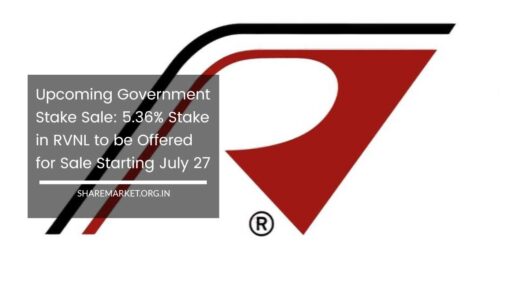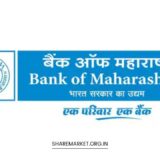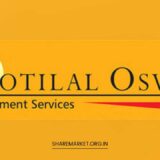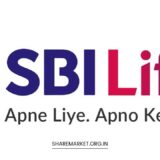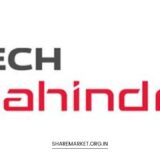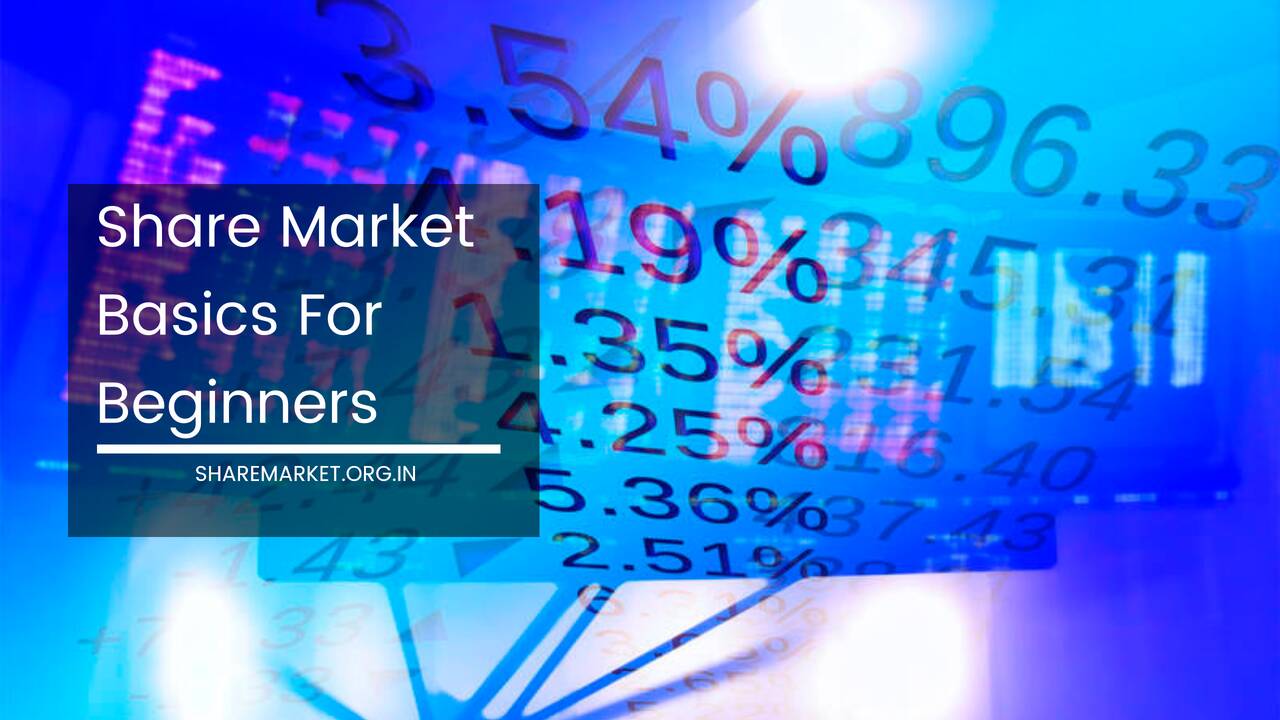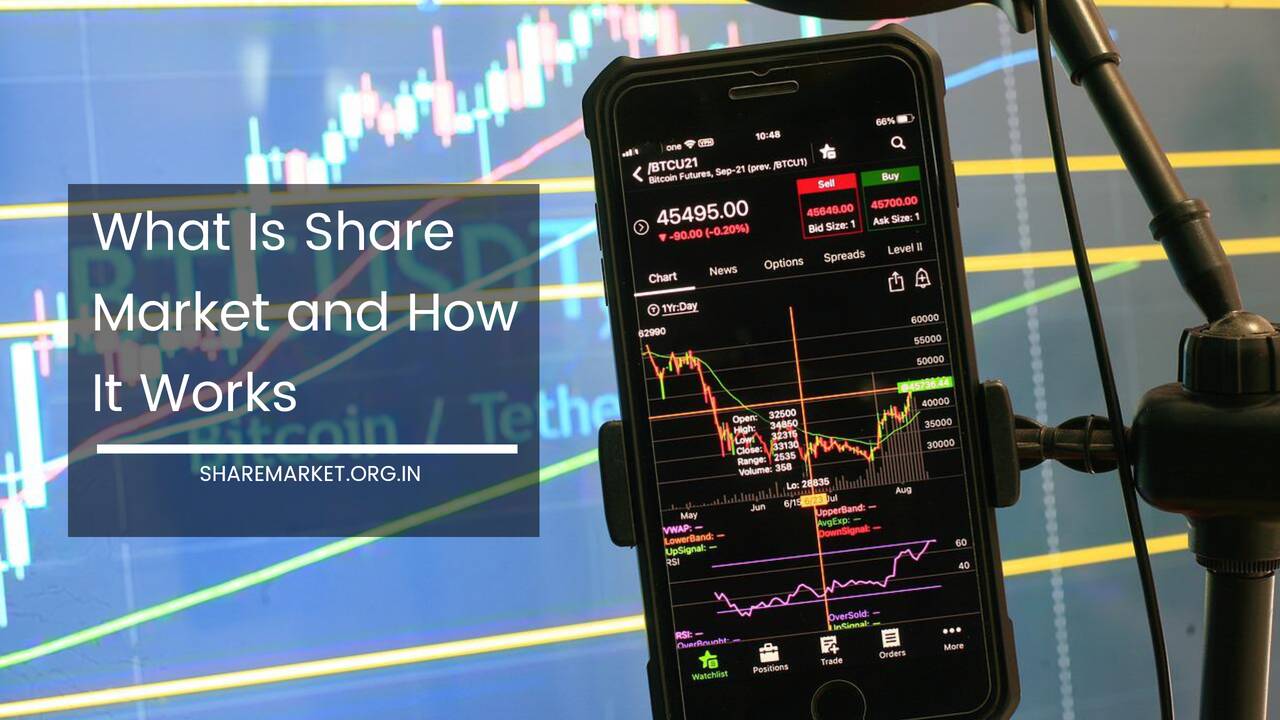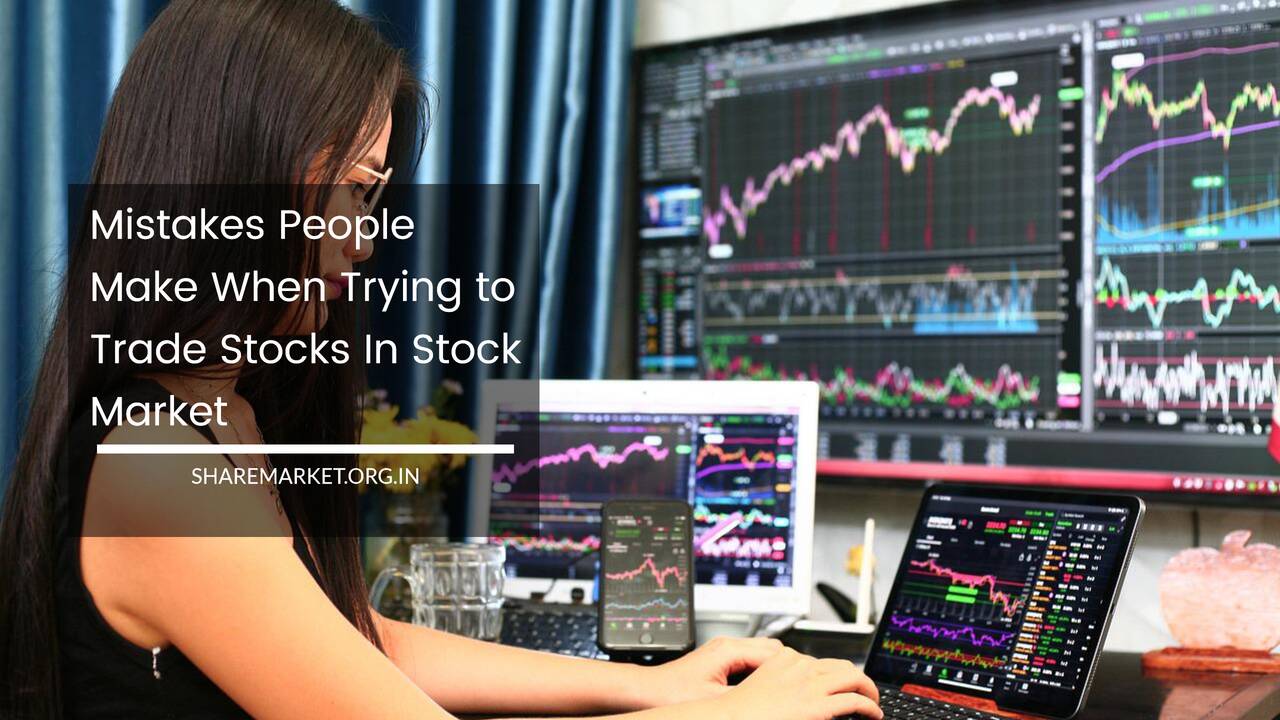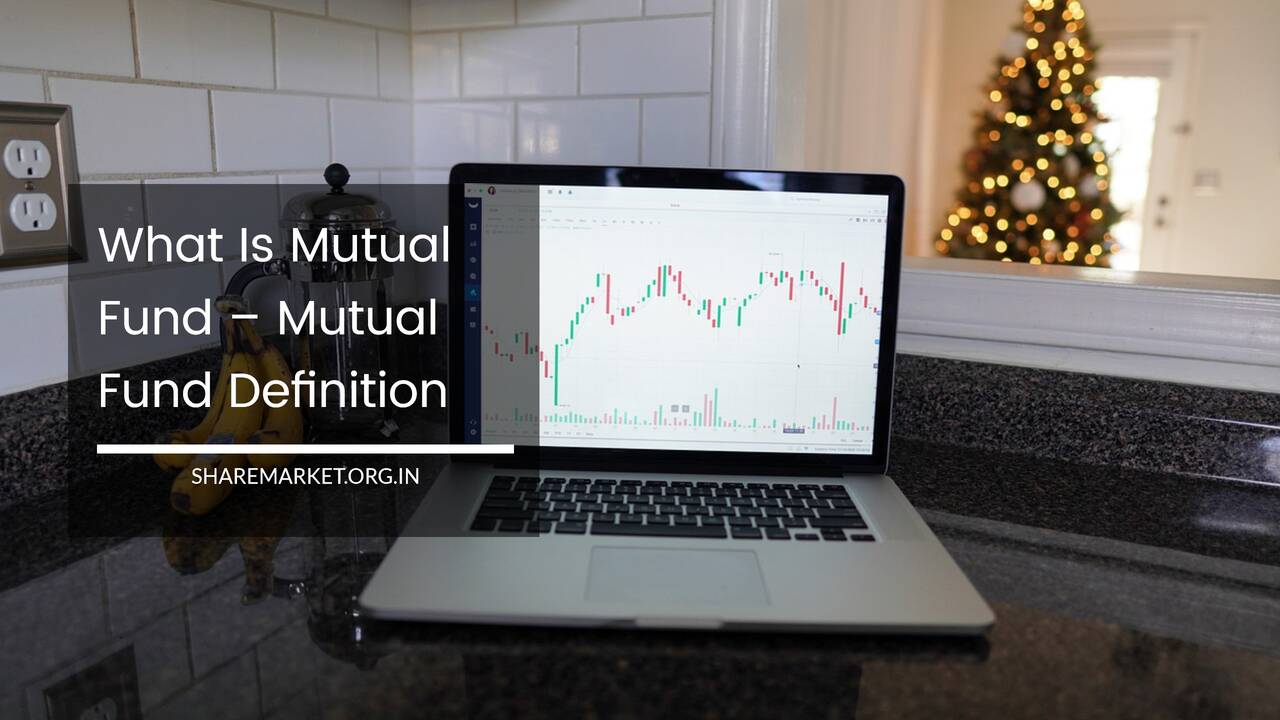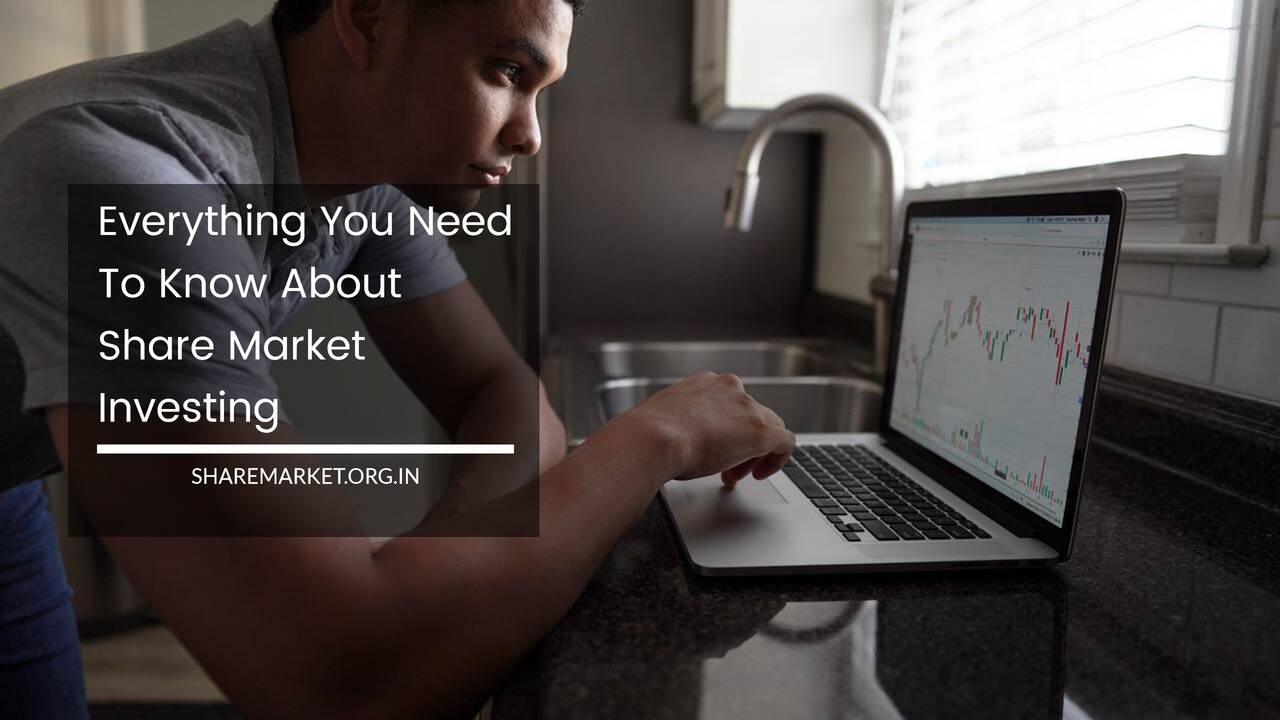Bombay Stock Exchange – Mumbai Stock Exchange
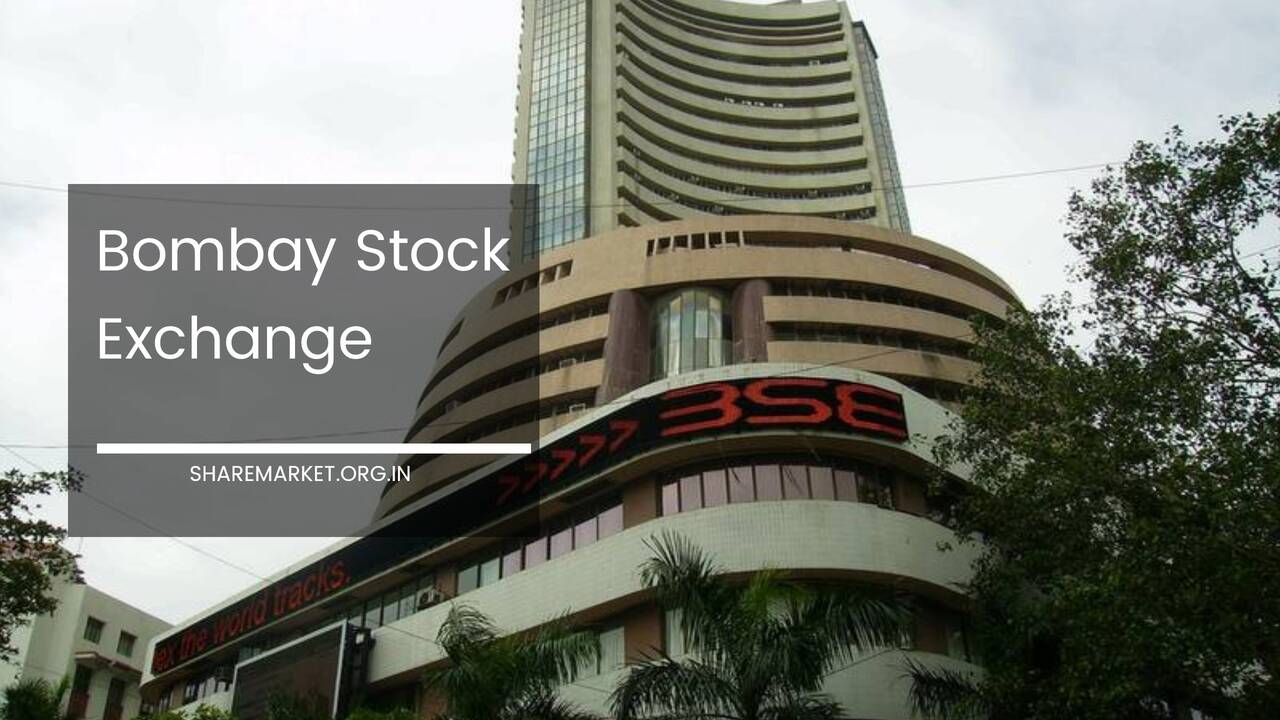
The Bombay Stock Exchange or the BSE (Bombay Stock Exchange) is the oldest stock exchange in Asia and most of the index heavy weight stocks are traded in this stock exchange.
The Bombay Stock Exchange has over 7,000 scrips traded on the stock exchange. It is the second largest stock exchange of India in terms of trade volumes, and the largest stock exchange in terms of stocks listed.
The Bombay Stock Exchange is 11th largest in the world with market capitalization of close to the USD 1.64 trillion.
The vision of the Bombay Stock Exchange is “To Emerge as the premier Indian Stock Exchange by establishing global benchmarks.” Clearly, the Bombay Stock Exchange is thinking big in terms of customer service and trading activity.
The Bombay Stock Exchange uses, BSE Sensex (“Sensitive Index”), an index of 30 large stocks by market capitalization. The BSE Sensex gives a measure of the overall performance of the Bombay Stock Exchange, and is closely followed around the world.
If the BSE Sensex goes up, it means that the prices of the stocks of most of the major companies on the Bombay Stock Exchange have gone up. If the BSE Sensex goes down, this tells you that the stock price of most of the major stocks on the Bombay Stock Exchange has gone down. The BSE Sensex is significantly correlated with the stock indices of other emerging markets.
Based on the BSE Sensex, the BSE stock market has grown significantly since 1990. After compensating for inflation, the Bombay Stock Exchange has averaged a roughly 18% annual return when measured by the BSE Sensex – the most popular stock index in India, over the last 15 years.
In addition to individual stocks, the Bombay Stock Exchange also has a market in derivatives, which was the first to be established in India. Derivatives listed on the Bombay Stock Exchange include stock futures and options, index futures and options, and weekly options.
With a view to provide a better representation of the increasing number of listed companies, larger market capitalization and the new industry sectors, on 27th May, 1994, the Bombay Stock Exchange launched two new index series namely the ‘BSE-200’ and the ‘DOLLEX-200’. Since then, the Bombay Stock Exchange has come a long way in attuning itself to the varied needs of investors and market participants.
In order to fulfill the need for still broader, segment-specific and sector-specific indices, the Bombay Stock Exchange has continuously increased the range of its indices. BSE-500 Index and five sectoral indices were launched in 1999. In 2001, BSE launched BSE-PSU Index, DOLLEX-30 and India’s first free-float based index – the BSE TECk Index. Other important indices originating from the Bombay Stock Exchange include the BSE 100, BSEMIDCAP, BSESMLCAP and BSEBANKEX.
Over the years, the Bombay Stock Exchange has shifted all its indices to the free-float methodology (except BSE-PSU index).
The Bombay Stock Exchange disseminates information on the Price-Earnings Ratio, the Price to Book Value Ratio and the Dividend Yield Percentage on a day-to-day basis of all its major indices. The Bombay Stock Exchange has a national reach in India, claiming a presence in over 400 towns and cities throughout the country.
The exchange is operated through a unique and propriety computer system known as the “BSE On Line Trading System” or BOLT. The values of all BSE indices are updated on a real-time basis during market hours and displayed through the BOLT system, BSE website and news wire agencies.
All BSE Indices are reviewed periodically by the BSE Index Committee. This Committee comprises eminent finance professional’s frames the broad policy guidelines for the development and maintenance of all BSE indices. The BSE Index Cell carries out the day-to-day maintenance of all indices and conducts research on development of new indices.
The Bombay Stock Exchange is also actively involved with the development of the retail debt market. Until recently, the debt market in India was limited to a wholesale market, with banks and financial institutions as the only participants. The Bombay Stock Exchange believes that a retail market will bring great opportunities to individual investors through better diversification.
Image Credit: Niyantha Shekar


